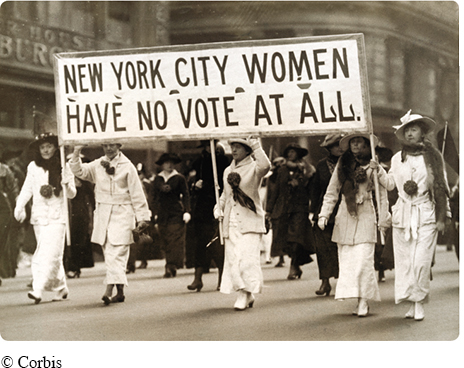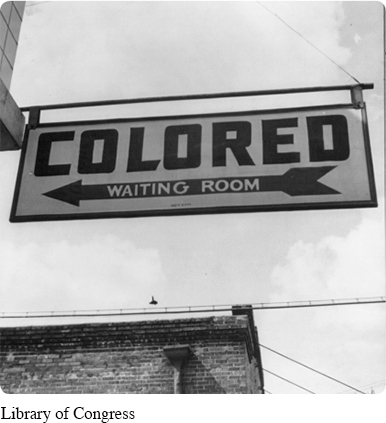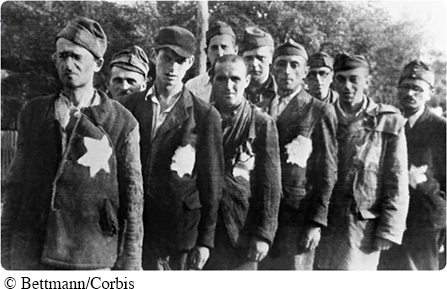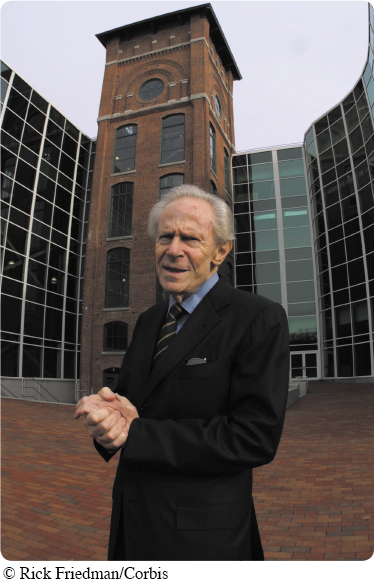Ethics versus Law
Generally speaking, an ethical argument deals with what is right and wrong, not necessarily with what is legal or illegal. In fact, there is a big difference between law and ethics. Laws are rules that govern a society and are enforced by its political and legal systems. Ethics are standards that determine how human conduct is judged.
Keep in mind that something that is legal is not necessarily ethical. As Socrates, St. Augustine, Henry David Thoreau, and Martin Luther King Jr. have all pointed out, there are just laws, and there are unjust laws. For example, when King wrote his famous “Letter from Birmingham Jail,” segregation was legal in many Southern states. According to King, unjust laws—
Page 593


Page 594

There are many historical examples of laws that most people would now consider unjust:
Laws against woman suffrage: In the late eighteenth century, various states passed laws prohibiting women from voting.
Jim Crow laws: In the mid-
nineteenth century, laws were passed in the American South that restricted the rights of African Americans. Nuremberg laws: In the 1930s, Nazi Germany passed a series of laws that took away the rights of Jews living in Germany.
Apartheid laws: Beginning in 1948, South Africa enacted laws that defined and enforced racial segregation. These laws stayed in effect until 1994, when Nelson Mandela was elected South Africa’s first black president.
Today, virtually everyone would agree that these laws were wrong and should never have been enacted. Still, many people obeyed these laws, with disastrous consequences. These consequences illustrate the importance of doing what is ethically right, not just what is legally right.

The difference between ethics and law can be seen in many everyday situations. Although we have no legal obligation to stop a drunk friend from driving, most people would agree that we should. In addition, although motorists (or even doctors) have no legal obligation to help at the scene of an accident, many people would say that it is the right thing to do.
An example of a person going beyond what is legally required occurred in Lawrence, Massachusetts, in 1995, when fire destroyed Malden Mills, the largest employer in town. Citing his religious principles, Aaron Feuerstein, the owner of the mill and inventor of Polartec fleece, decided to rebuild in Lawrence rather than move his business overseas as many of his competitors had done. In addition, he decided that for sixty days, all employees would receive their full salaries—
Page 595